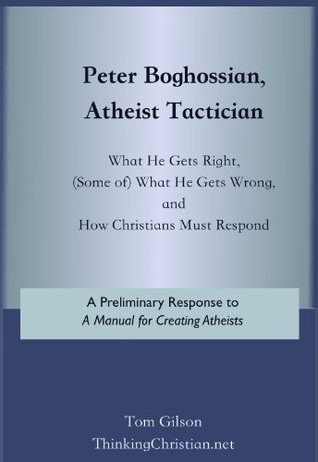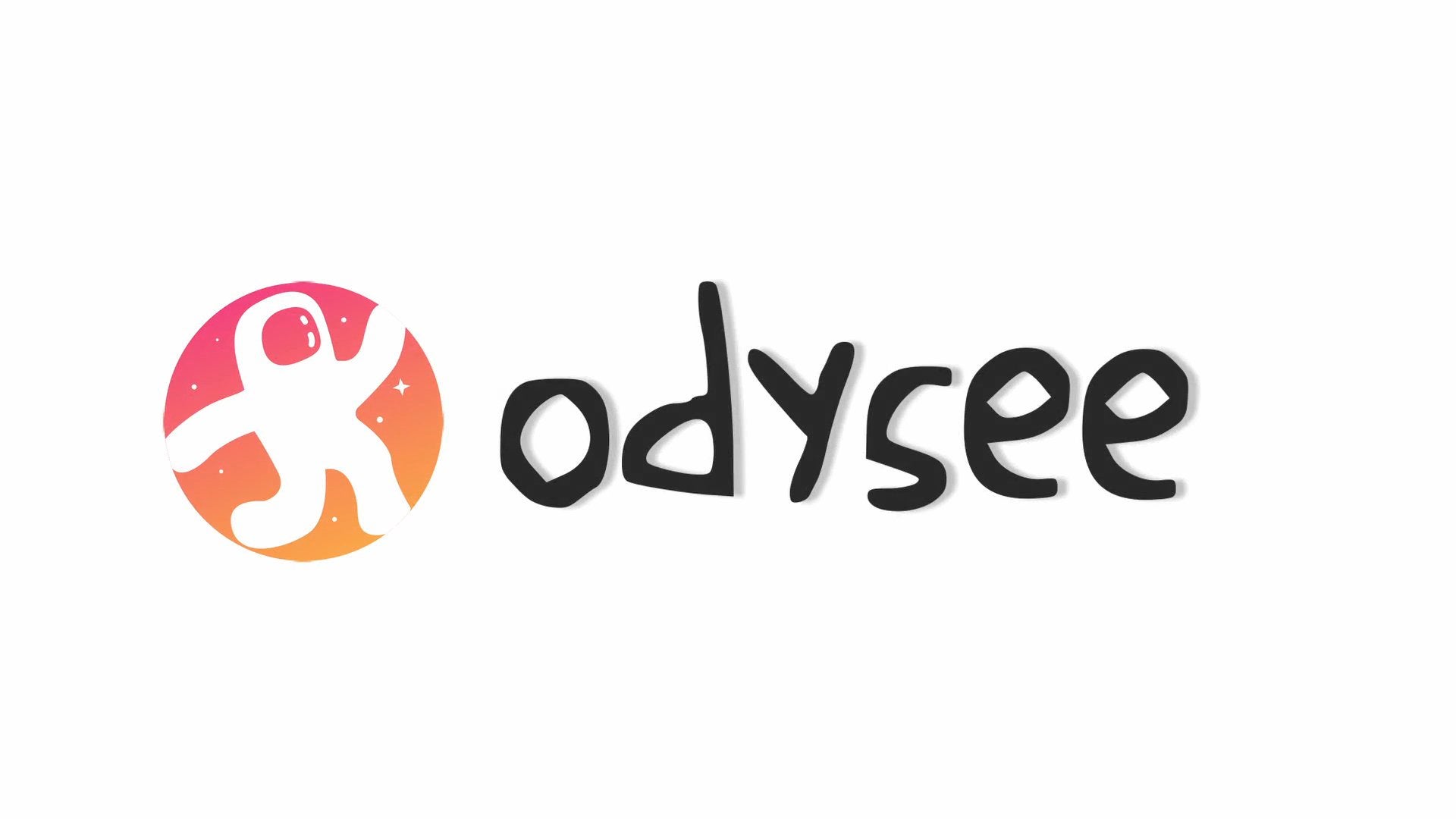Answering Boghossian
Check my review of Peter Boghossian’s book “A Manual For Creating Atheists” here.
Synopsis:
Answering Boghossian
Peter Boghossian has energized atheists with his recently published Manual for Creating Atheists—and for good reason, in part. He’s a master of rhetoric and persuasion theory. He outshines other contemporary atheists in his understanding of strategy and tactics. He is a force for Christians to reckon with, and believers ought to be aware of him.
Other than his rhetorical and strategic skills, there’s very little in him for Christians to fear. He takes direct aim at the concept of religious faith—and he misses. He wants to re-define faith as “belief without evidence,” and “pretending to know what one doesn’t know.” When it comes to Christian faith, though, he has no real evidence to support his definitions, and his arguments against the faith are almost laughably weak.
They are weak, that is, for those who are equipped with real, solid answers—a dangerously small proportion of believers. Those who lack such equipping are really quite vulnerable. This book provides the necessary answers, along with an overall assessment of Boghossian’s position and what Christians must do to be ready to respond. (Taken from GoodReads page
Review
Tom Gilson wrote this book in response to Peter Boghossian’s book “A Manual For Creating Atheists”. In answering Boghossian, his approach is to be critical of what Boghossian wrote in the book and not a full critique of the “street epistemology” approach that Boghossian fosters. However, within this short book, Gilson does a good job in critiquing many of the parts of Boghossian’s book that are the most troubling. A big focus is on the awful job Boghossian did in making up his definitions for “faith”. That is what a majority of the book is on especially for the first part of the book.
A little of the focus for the second half of part one is responding to someone using those definitions to “trap” Christians. This is done from an evidentialist point of view and so some of the good responses that a presuppositional method would give for this part aren’t available. That’s not to say that Gilson doesn’t make some good and worthwhile points on the evidence supporting belief and thus holding to a faith (trust/confidence).
The second half is a challenge for churches to learn from how easily Boghossian’s method works on those within the church that have a false idea of what faith is or not examining how they know what they know. The shortness of the book doesn’t give a complete picture of what someone might need to do to accomplish that but it is an important point.
Overall, this was a good book even with the short length as important points are made for those who want to make sure they are focusing on good responses to Boghossian’s book. Having other perspectives available (like a presuppositionalist) to provide some additional content would have been helpful and addressing points outside of just Boghossian’s presentation and more on the responses that stem from his system would have been very helpful. Still, worth a read for the information and the critique.
Final Grade
B

To Purchase The Book:
(Amazon Link – https://amzn.to/3kAFHr5)
Cave To The Cross GoodReads Page
 To check out more reviews and see what Patrick’s reading go to his GoodReads page here.
To check out more reviews and see what Patrick’s reading go to his GoodReads page here.
Other Book Reviews Here
Read other book reviews on the blog here.









